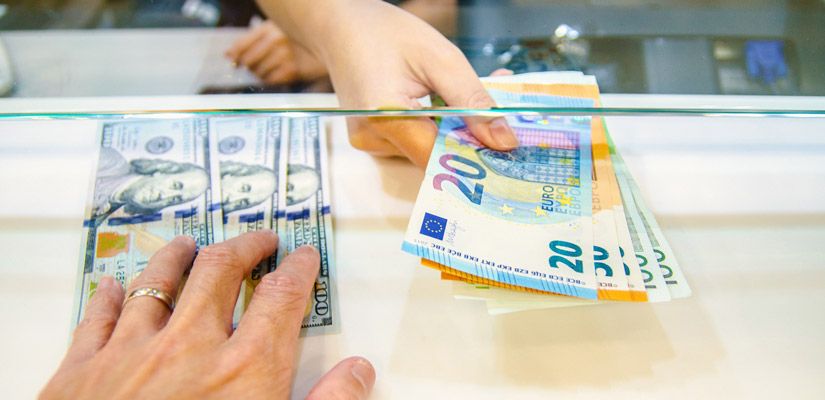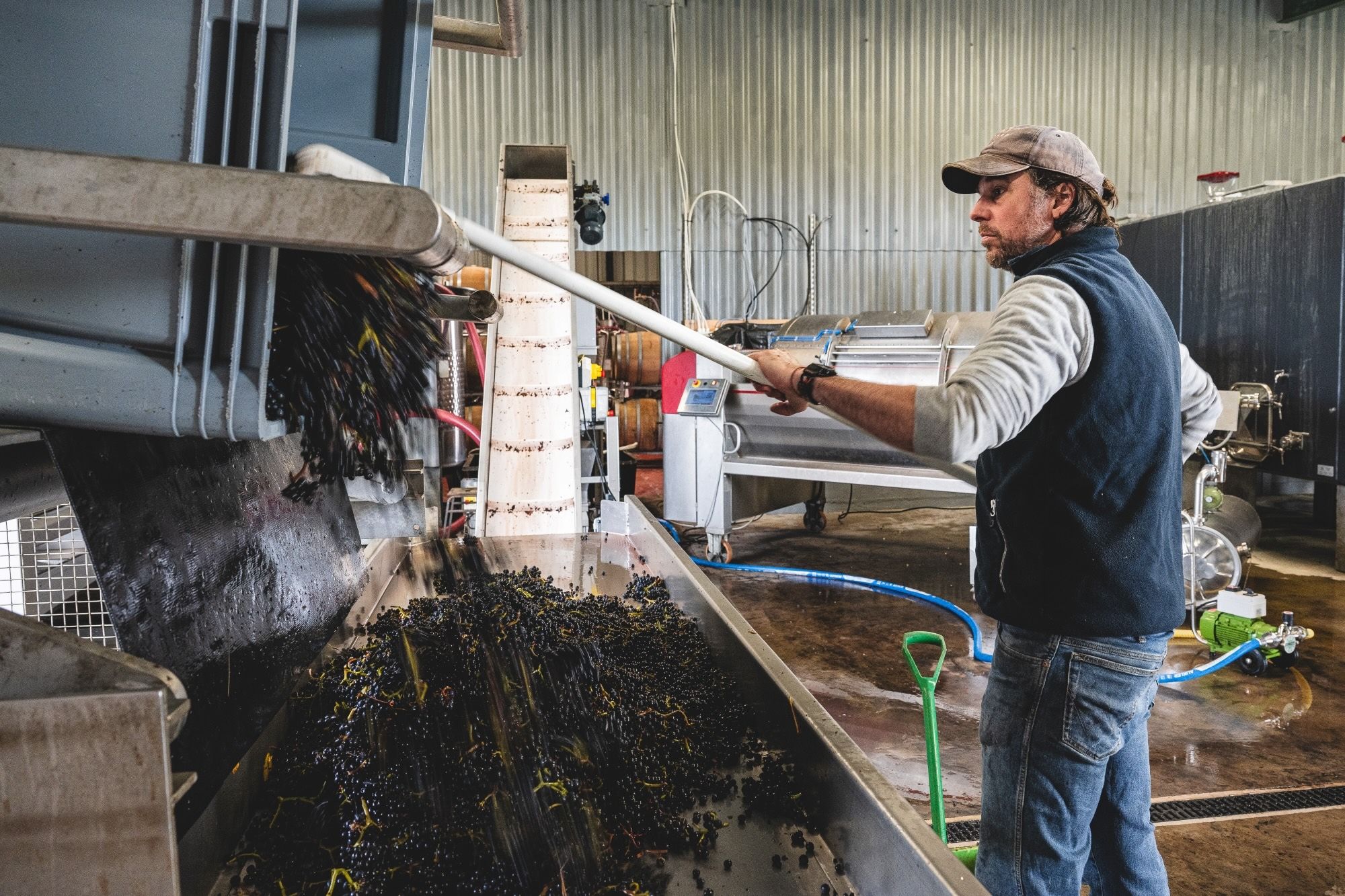If you are buying wine from around the world then having a currency expert on board is as important as the producers you are working with and the wines you are looking to sell, says CurrencyWave’s Jamie Holmes.
Can you explain what CurrencyWave is?
CurrencyWave is an online multi-currency account designed to simplify and reduce the cost of receiving, holding and sending payments in foreign currencies. It is available to both businesses as well as private individuals.
How do you differ from going through a bank or traditional FX broker?

CurrencyWave’s Jamie Holmes: a business that publishes its prices in a catalogue, say once or twice a year, will be more susceptible to currency movements
Banks are notoriously expensive when it comes to handling foreign currency transactions as they load exchange rates with hidden fees of 2% or more. At CurrencyWave we are unique in displaying our charges in a totally transparent manner and our fees can be as much as 85% lower than banks’. Traditional FX brokers can also be less expensive than banks but play a cat and mouse game with their customers on fees. Typically, new customers benefit from lower conversion charges at the outset, but then suffer widening fees as the relationship progresses, much like the car insurance market works. At CurrencyWave, we operate a fixed fee structure, so our clients receive consistent exchange rate pricing throughout, avoiding the need to continually shop around for the best rates.
You talk about levelling the playing field when it comes to currency exchange – what do you mean by that?
We know that banks have largely withdrawn from relationship banking with small and mid-sized businesses and foreign exchange is no exception. Banks concentrate their efforts on making sure their larger corporate clients are well serviced and due to their size and buying power they can command much more favourable exchange rates.
By leveraging technology and liquidity, CurrencyWave opens up foreign trade for SMEs using exchange rates that would usually only be available to much bigger companies. This is crucial for sectors operating with tight profit margins, such as the wine industry. Our clients also have access to a dedicated relationship manager, on hand to discuss the best way forward with their FX requirements.
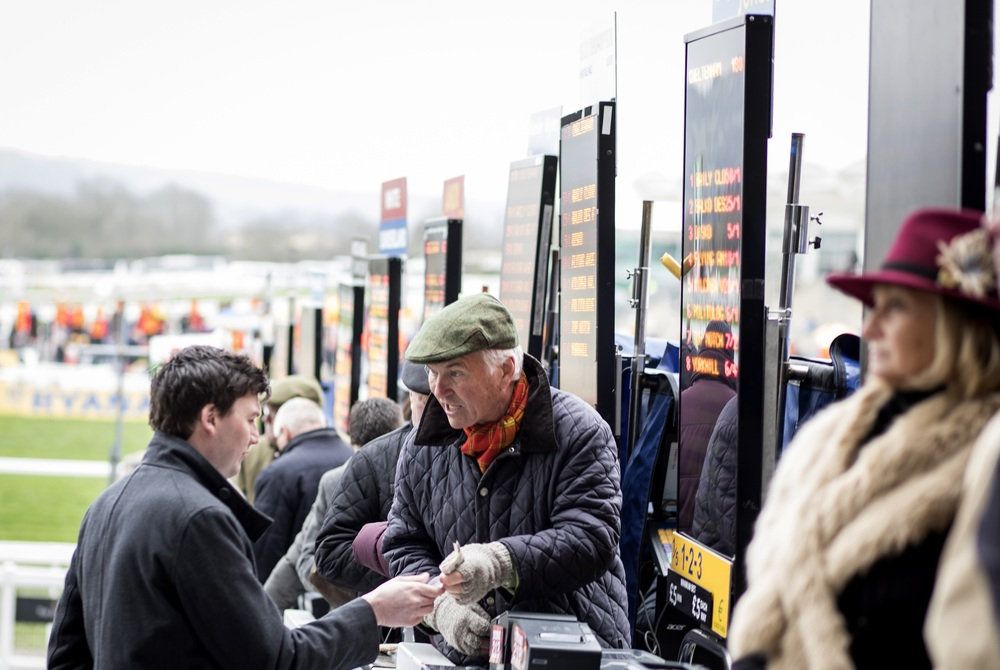
How much of a bet are you taking with your foreign exchange strategy?
What are some of the key benefits that a business might have in terms of smarter foreign exchange transactions?
First and foremost, they need to be aware of the total costs involved in their foreign exchange transactions. This is not easy, given that the regulatory environment imposes no requirement on banks and FX brokers to fully disclose their charges.
Secondly, banks IT systems can be slow and archaic when it comes to the management of foreign currency cashflows. CurrencyWave, on the other hand, facilitates much faster payments with over half received by beneficiary within 30 minutes of sending. Useful features include push notifications when funds arrive or payments are released and live tracking so customers know exactly where their funds are in the payment journey, much like the delivery of an Amazon parcel.
What are some of the pitfalls you see with businesses in how they handle their foreign exchange?
A common issue we find is that companies do not fully understand their FX exposures and the level of risk this adds to the business. By that, we mean they don’t quantify the effect that an adverse change in exchange rates can have on their underlying profitability. Currency volatility has become an increasing problem for importers and exporters as we navigate a post Brexit future and the global pandemic.
What we see often is that the business either tries to second guess the right time to buy and sell their currency or, even worse, leave exchange rates to chance rather than taking some risk off the table.
What do you mean by taking “risk off the table”?
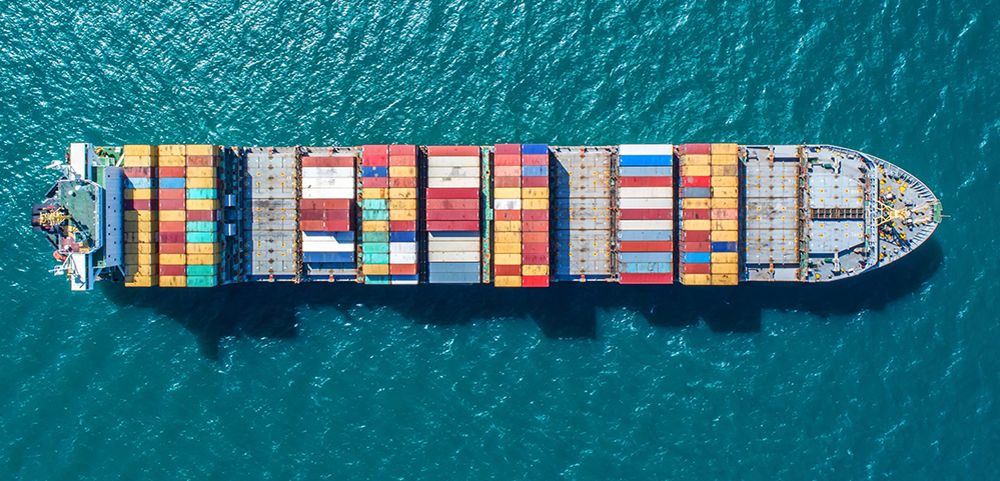
The wine industry is beholden to the foreign exchange rates of the main wine producing countries
This means putting in place a strategy to ensure that some or all of the risk of adverse currency movements is removed. This is called ‘hedging’ and whilst it is common practice for most larger corporations to do this, it is often overlooked by the SME sector.
A key issue is invoicing and how long it might take to get paid – when the FX rate can change – how can you help with that?
Let’s take the example of a UK exporter that issues a euro invoice to an overseas customer on 90-day terms. When issuing the invoice, the exporter has made certain assumptions about the profit margin they can make on the prevailing exchange rate at that time. They expect a future EUR inflow, but don’t know how that will translate to GBP when the funds are eventually received. One way around this is to take out a forward currency contract. With a small deposit, the exporter can fix the EUR/GBP exchange rate when issuing the invoice which remains in place for the duration of the contract. This simple hedging technique ensures that GBP profits are locked in, no matter what has happened to the exchange rate by the time the invoice is settled.
A lot of wine businesses will hedge currency for months in advance – do you have any advice on how best to do that?
Hedging strategies are not a one size fits all solution and will be determined by a number of factors including cashflow, attitude to risk and practical considerations. It may not be possible for the business to hedge each and every invoice so a more top-down approach may be needed.
Forward contracts confer an obligation on the holder taking delivery of the currency on settlement day, so the business needs to be able to forecast their future cashflows with some degree of accuracy. Contracts require a deposit to be placed with the broker, typically 5%, so some cash will be tied up for a period.
Once the FX exposures have been committed to and forecasted, there should be an assessment of the level of FX risk the business is prepared to take. For example, they could decide to hedge 90% of their FX exposures due within six months, 75% of those due between six and 12 months and 50% of those beyond 12 months. This is known as layered hedging and will give the business a certain degree of protection with flexibility built in.
When working with a new business what are the first things you want to know how they operate so you can help them?
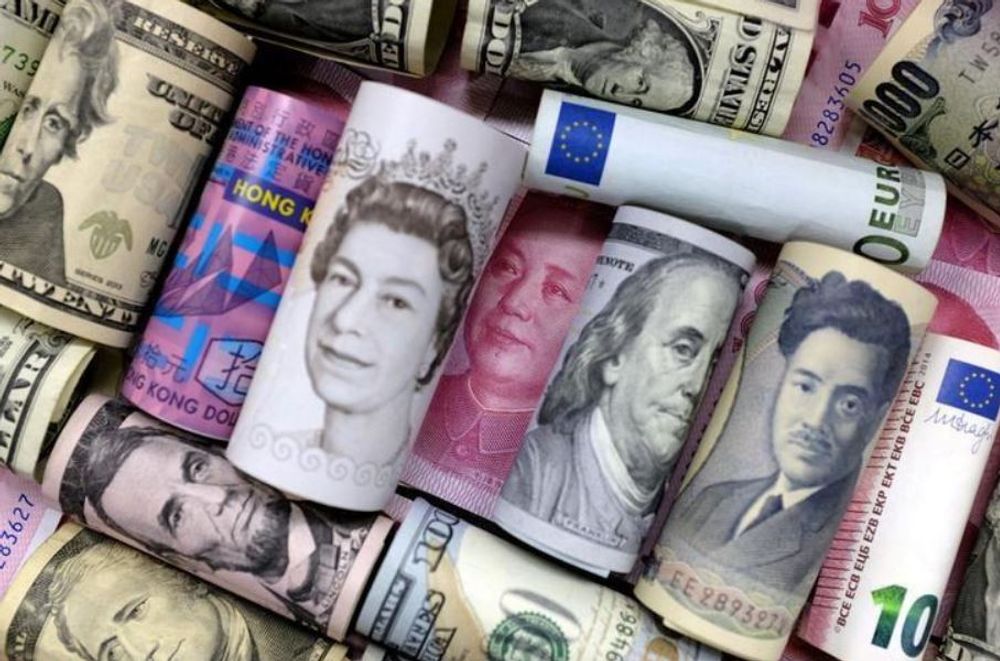
The cost of running a foreign exchange strategy can vary considerably, says CurrencyWave’s Jamie Holmes
It’s important that we understand the sales and production cycle of a business and how they price their products and services. If there is a relatively short period between quoting a contract price and completion of that contract, then there is going to be less of a risk with currency market movements.
On the other hand, a business that publishes its prices in a catalogue, say once or twice a year, will be more susceptible to currency movements and therefore hedging will be more appropriate. Forecasting future sales and costs will impact the level of hedging to put in place and this will be more reliable for established companies over start-up businesses.
The wine industry is always looking to plan its FX spend based on the countries exchange rate they are buying from – how can you help wine businesses with that?
As the global demand for New World wines continues to grow, this brings with it the challenges of sending FX payments to those parts of the world that are less well developed in banking. This usually means added costs for UK importers as traditional banks take advantage of perceived higher risk and general lack of competition. The good news is that we continue to expand into new territories so that our clients can unlock the potential of fast-growing markets in developing countries.
For instance, Latin America is a key region for many of our clients and we will be launching new services this year which will include local payment capabilities. Our clients will be able to make in-country payments using domestic payment methods, avoiding the expense that comes with sending cross-border wire transfers. It’s not just about payment routes but also keeping our clients fully abreast of currency movements and monitoring target rates they wish to achieve.
Are there ways to help companies that are trading in multiple currencies at a time?
Opening foreign currency bank accounts can be an expensive and time-consuming process and is often a barrier to entry into new markets. One of the benefits of CurrencyWave is that all clients are automatically allocated a single IBAN (International Bank Account Number) that can receive and send payments in over 34 currencies. So, for instance, if one of our clients needs to start accepting payments in South African Rand, they can invoice straight away using their own-named IBAN. Once the funds arrive on the platform, they can choose to either hold this as a ZAR balance or convert to another currency at a time and rate to suit them. This represents a departure from traditional banking where the receiving bank would automatically convert funds on receipt, taking a hefty fee in the process.

How smart is your foreign exchange strategy?
Have you seen any changes in how companies might have to work better due to Brexit?
During Brexit negotiations we witnessed huge spikes in sterling volatility as markets fretted over what our future relationship with the EU might look like. Since a deal was agreed, volatility has dropped, and sterling has risen against both the euro and US dollar which is good news for importers.Although around half of UK wine imports currently come from Europe, this is in steady decline. Southern hemisphere wine producers such as Chile, Australia and Argentina are expected to benefit most from Brexit. As the UK enters new trade deals around the world, many wine importers may choose to increase the diversification of their portfolios, especially where currency considerations remain the most favourable.
What particular benefits do you think you could offer wine businesses – and if so what size of business is best placed to work with you?
Firstly, wine businesses typically operate on narrow profit margins so we can help them maximise the return on every pound converted by offering them near wholesale exchange rates. Secondly, we can add value through managing currency risk and helping them to avoid costly FX mistakes.
We place no restriction on the size of business we work with, but they tend to be converting upwards of £0.5m per year. New clients are offered a free currency review where we assess how the business has handled their FX transactions historically and benchmark their rates to produce a true cost analysis. This forms the basis of how we might work together going forward and is a risk-free proposition for businesses looking to enhance their FX/payment capabilities.
- If you would like to find out more about how CurrencyWave works then go to its website here.
- If you would like to follow up with Jamie Holmes then email him on jamie.holmes@currencywave.com.
